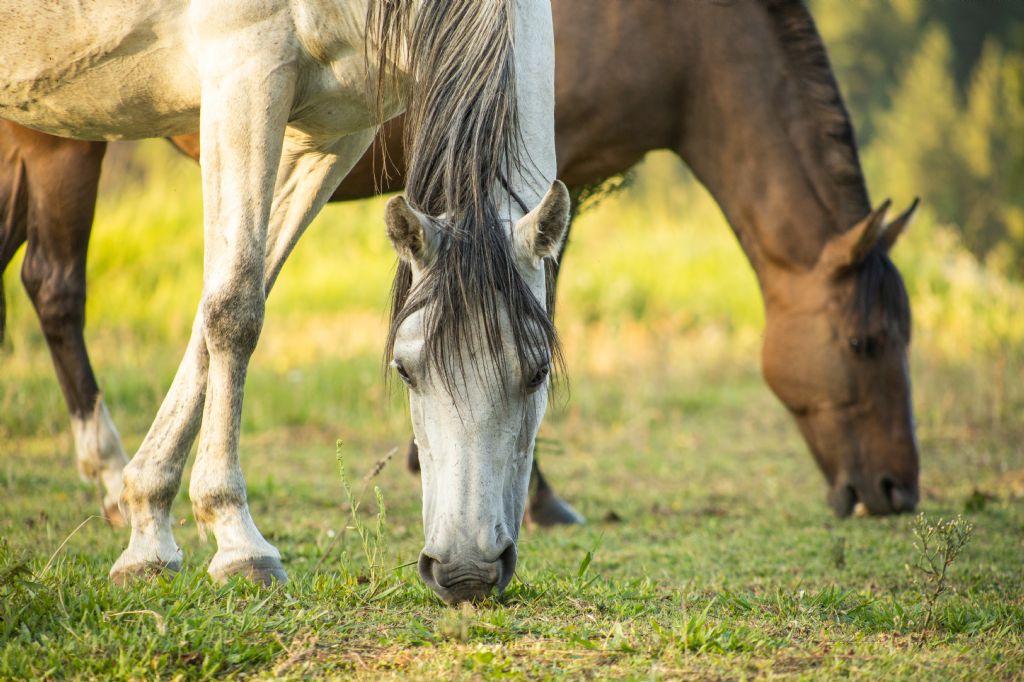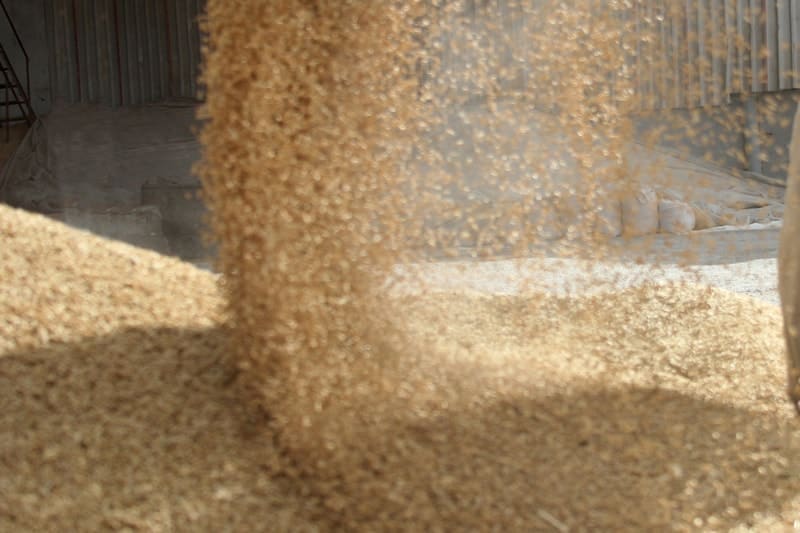Bluegrass News
Dr Joe Pagan founder of Kentucky Equine Research stated, “Lactation places higher demands on the mare than any other stage of her life”.
Throughout gestation, correct nutrition is essential to provide key nutrients for foetal development, trace mineral storage, and for the production of high-quality milk. A lactating mare approximately produces 3% of her body weight in milk per day, with peak milk production considered to be two to three months after foaling. Within the first hour of life the foal should be standing and nursing, this is when the foal receives colostrum, a vital source of antibodies, protein, vitamins and energy.
Pre-natal nutrition plays an essential role in the quality and quantity of milk produced. A milk replacer such as Bluegrass Horse Feed XL-ENT Foal Pellets developed as a complementary feed for foals made from plant raw materials and formulated to optimise growth, can be a good addition to these foals diets.
Feeding the Lactating Mare
The lactating mare should be on ad lib forage, consuming at least 3% of her body weight per day (dry matter). Essential proteins, vitamins and minerals should be supplied within the diet i.e. calcium, phosphorus and copper. Milk is 20 – 25% protein (dry matter), and therefore high-quality proteins at correct amounts and adding high starch to a mare’s diet is not considered desirable. Feeding high fibre and high fat concentrates shows to be more beneficial to milk quantity and quality.
To meet the energy and nutrient demands of the lactating mare, a supplemented balancer or fortified feed is recommended. If weight gain is not desired a high-quality protein, vitamin and mineral balancer can be supplied in the diet, such as Bluegrass Horse Feed Stamm 30. When weight gain and condition is desired Bluegrass Stud Mix or Cube contain flaxseed oil, alfalfa and sugar beet is recommended. Stud mix is fortified in Stamm 30 to provide high quality trace minerals and live yeast cultures to enhance bioavailability and support gastrointestinal health.
New and Improved
Bluegrass Stud range is now fortified with marine-derived calcium, sustainably harvested from Iceland and Southwestern Ireland. Marine- derived calcium has three main benefits; to improve hindgut health, improve gastric health and improve bone density. Bone density at birth is around 17% and will continually remodel and develop with exercise and rest until they reach 5/6 years of age. Supporting bone density can help to reduce the risk of skeletal problems developing such as OCD or fractures.
Equinews. (2013). Essential Dietary Minerals for Young, Growing Horses. [online] Available at: http://saracen.equinews.com/article/essential-dietary-minerals-young-growing-horses [Accessed 16 Nov. 2017].
Nutritional Management of Horses on a Breeding Yard. (2013). KER.












